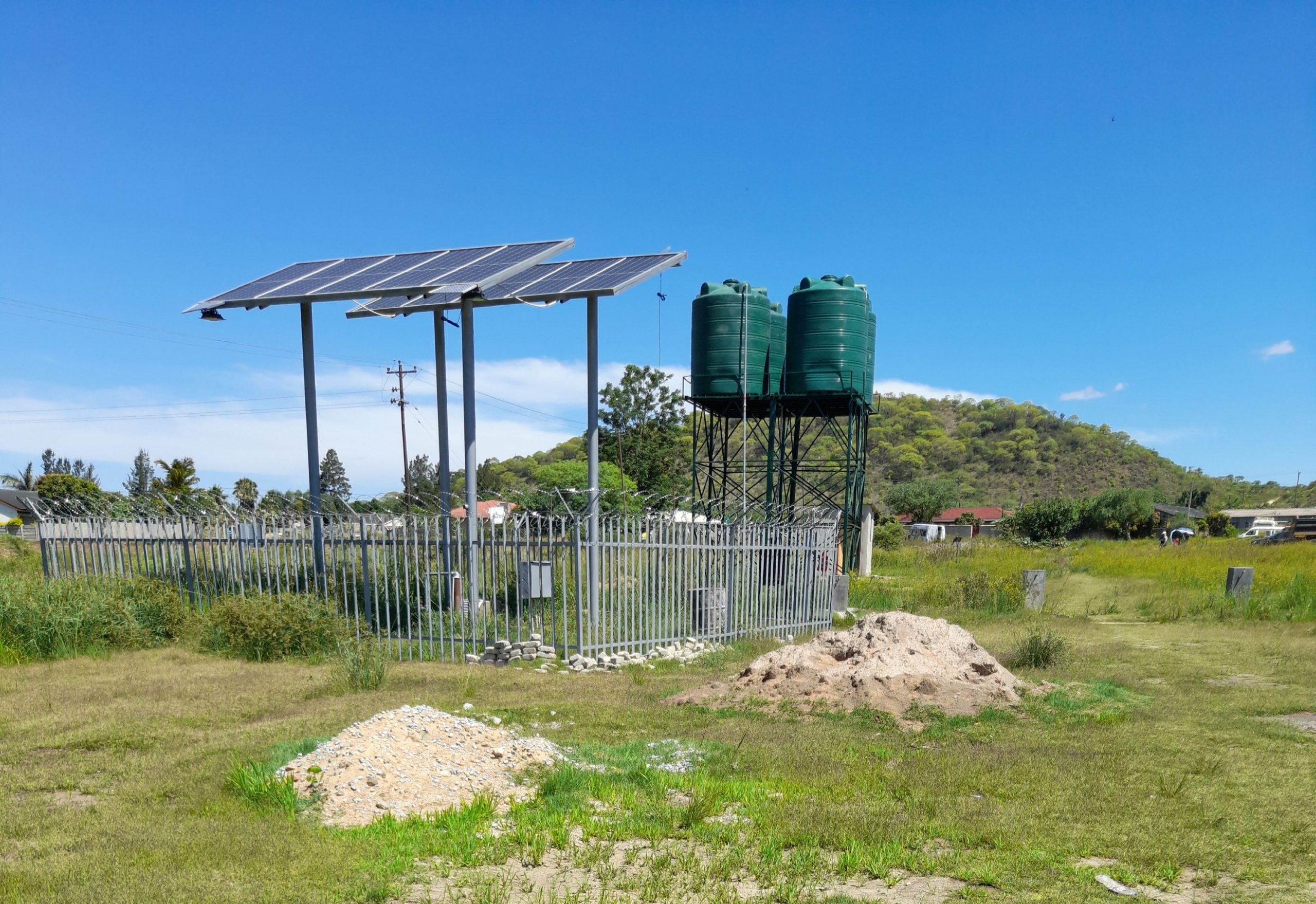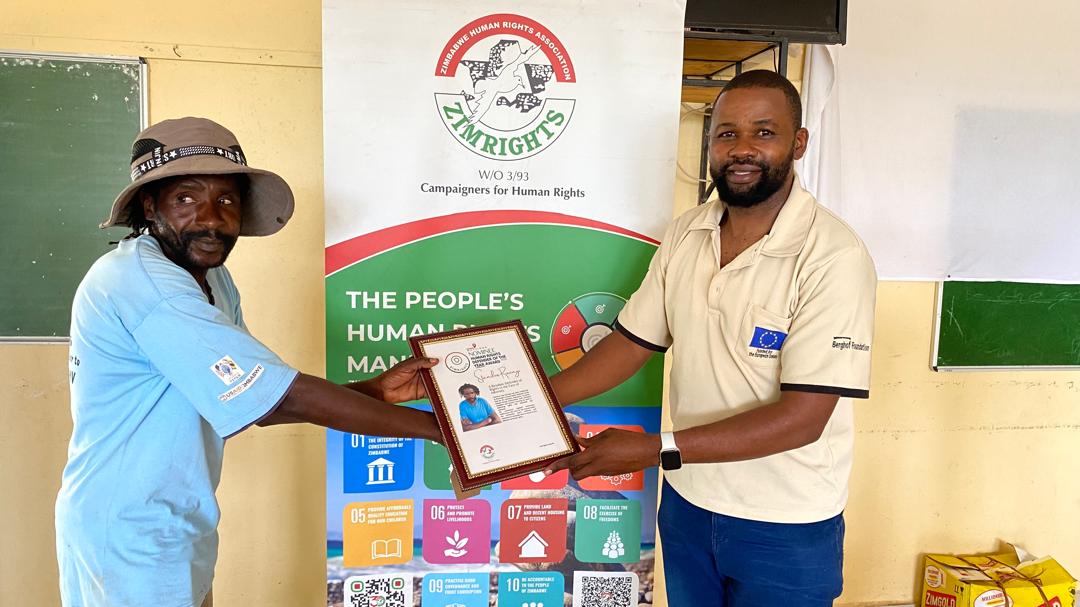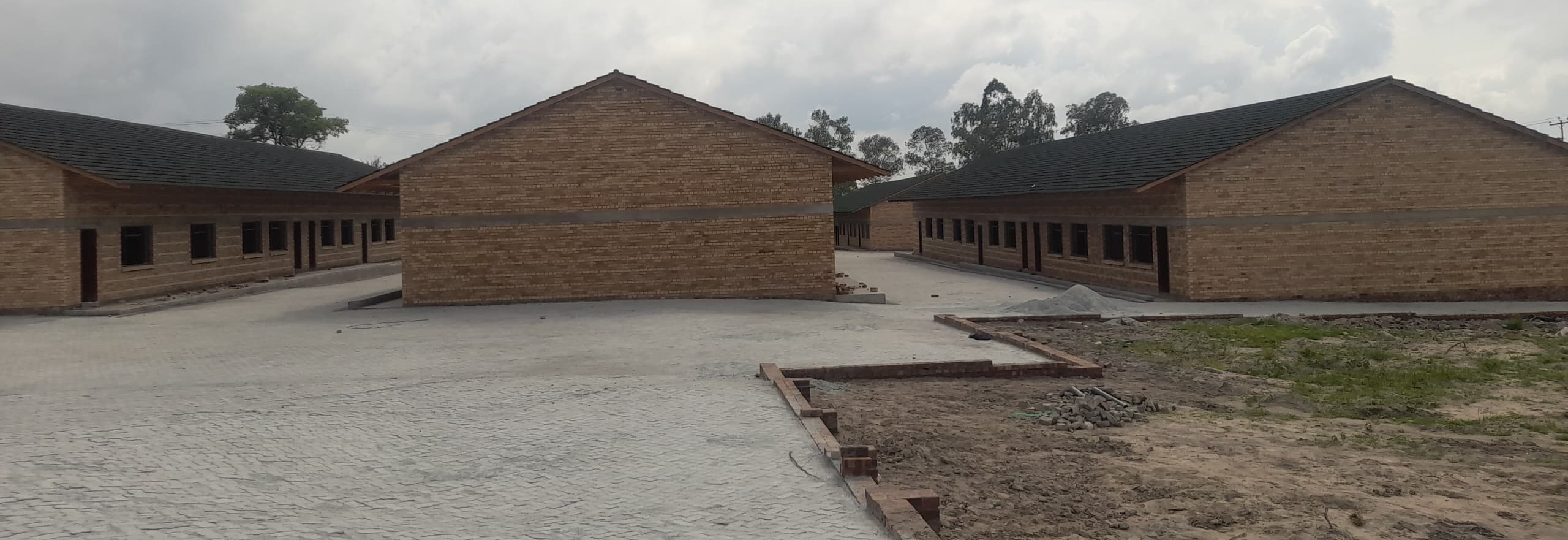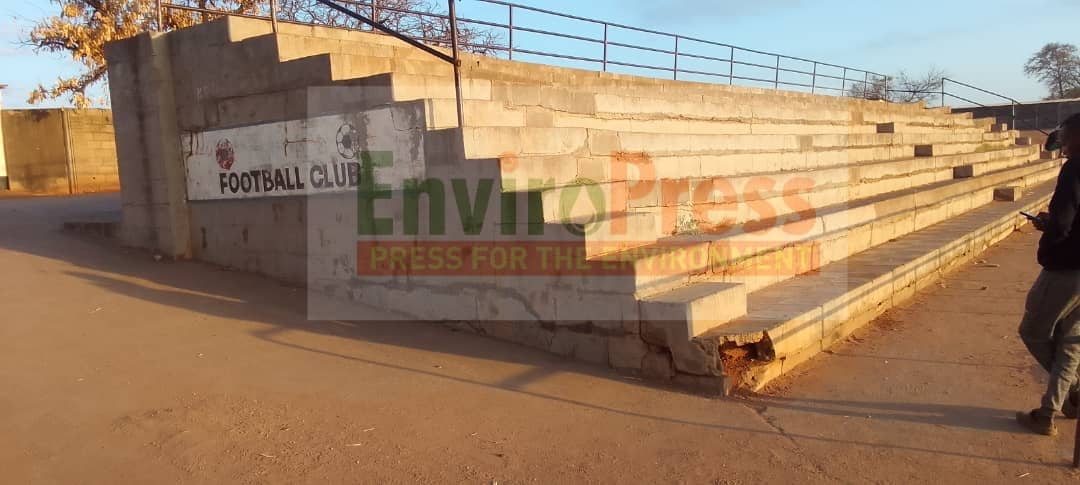Moses Ziyambi
A borehole and solar-powered mini piped water scheme built by aid organisation Christian Care and commissioned in July was temporarily closed after tests done Masvingo City Council indicated that the water was polluted possibly by sewage.
The water scheme, situated on an open wetland on the eastern edge of Hillside suburb, was shut after some traces of E-coli bacteria that often indicate the presence of faecal pollution, were found.
Masvingo Town Clerk Edward Mukaratirwa said after the internal tests, council sent some samples to a laboratory in Harare for confirmatory tests.
“One of our internal test results had indicated existence of a few coliforms hence the need to verify with an accredited laboratory, and we are pleased the results came back negative. We routinely carry out tests on our water as part of quality assurance measures,” said Mukaratirwa.
Christian Care project officer Aaron Ndaa had earlier told EnviroPress that council informed him that the borehole had been closed after water tested positive to underground contamination
“Council says they have responded by flushing and super-chlorinating the borehole which may mean that the water could once again be safe to drink in the near future. What is not clear are circumstances that gave rise to its contamination in the first place,” said Ndaa.
Some residents of Hillside said they no longer trusted the water and would only fetch it for other purposes rather than drink.
“It’s now hard to trust the water coming out of that borehole. As a family we will continue to fetch water from there if it gets reopened, but we will use the water only for laundry and to flush the toilets,” said one resident.
City of Masvingo maintains robust water quality test measures that have seen many boreholes drilled by Non-Governmental Organisations (NGOs) in the commonage being condemned for underground water pollution.
The city’s old and overloaded sewerage experiences bursts and leaks on many points, with more of such bursts and leaks happening underground where detection and repairs are harder to carry out.







